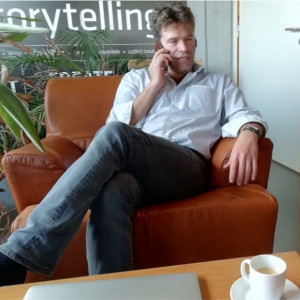 \
&
Contact us
\
&
Contact us
 \
&
Contact us
\
&
Contact us
COST plays an important role in the development of the European research area. COST's mission is to strengthen Europe in scientific and technological research through the support of European cooperation and interaction between European researchers.
Under Horizon Europe COST will be fully funded by the Widening and ERA part and is one of the widening actions to help EU countries that are lagging behind to stimulate their participation in Horizon Europe through scientific networking.
These networks, in the form of COST Actions, can be in any scientific field and are open to all type of actors (academia, public institutions, SMEs, Companies, etc.). A typical COST Action runs for four years and has an average budget of 134,500 EUR per year.
The funding is limited to networking activities (meetings, conferences, seminars, workshops) and the organisation of exchange activities (scientific exchanges of short duration, training schools, publications and dissemination activities). The actual research is funded via other (national or regional) channels.
There are mainly two ways to engage with COST:
In Flanders, FWO is the first Contact Point for any questions related to the COST Programme. For more information on COST please visit the FWO website.

manhei.to@fwo.be
+32 2 550 15 55
Infosheets contain edited content on aspects related to this programme. They are reviewed at least yearly.
Related links are easy pointers towards external information. We curate the list, but are not liable for the destinations.
Documents contain additional information related to this programme, and are similar to related links.

If you’ve never heard of Limecraft, you’re clearly not working in the media sector. Their SaaS platform provides integrated workflows for media management, scripted and unscripted TV, and subtitling and localisation. It is used by leading broadcasting companies – such as BBC, VRT, NPO… – and production firms of which De Mensen or Hotel Hungaria might ring a bell (at least if you are Belgian).
NCP Flanders went to Ghent to interview Maarten Verwaest, CEO and cofounder, about how he sees Horizon 2020. Limecraft is a partner in the MeMAD project, which is a collaborative RIA project submitted to an ICT call topic.